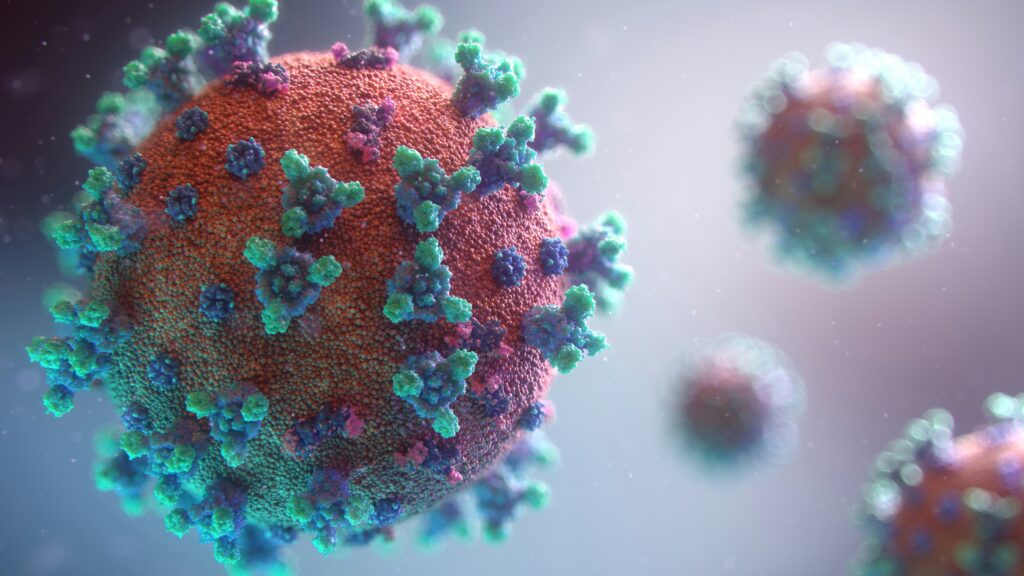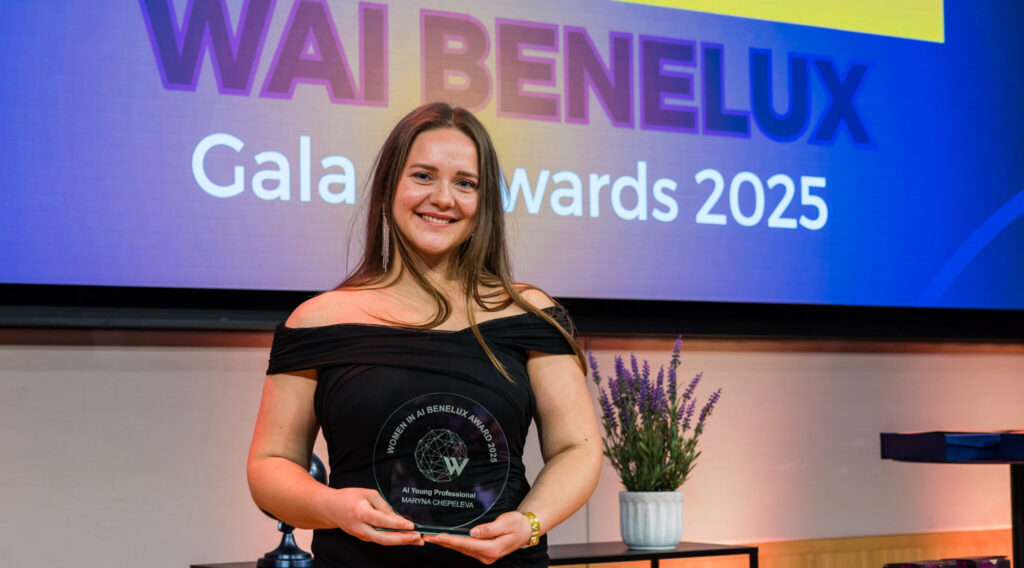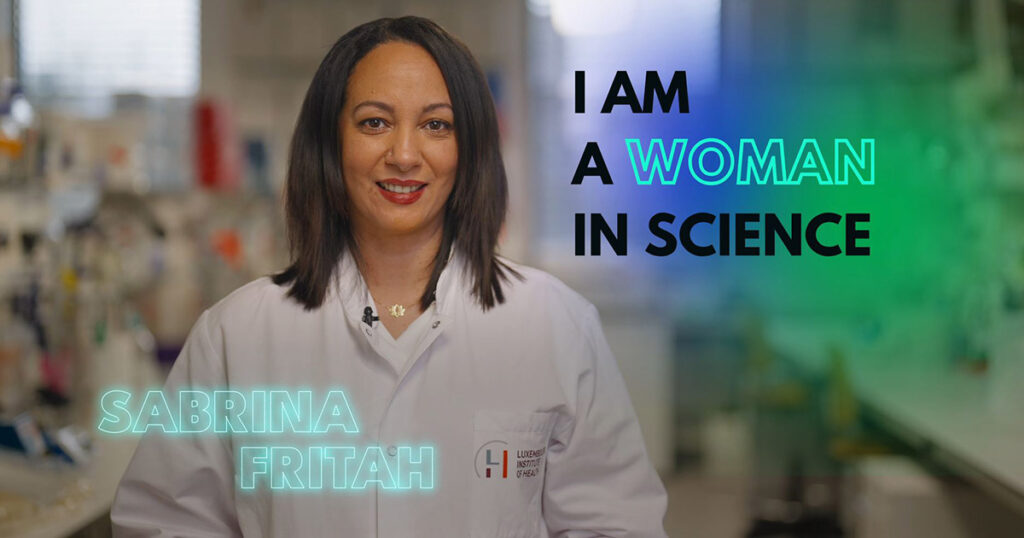News
Training the next generation of translational scientists
- Department of Cancer Research
- Department of Infection and Immunity
- Transversal Translational Medicine (TTM)
- Cancer
- Immunological Disorders
- Parkinson’s Disease
- i2TRON

The i2TRON PhD Training Programme kicks off
On February 1st, the new i2TRON (Integrating immune strategies for Translational Research in Oncology and Neurology) research and training programme for PhD candidates officially started. Its overarching goal is to develop the ability of doctoral candidates to successfully translate fundamental research findings into innovative pre-clinical and clinical applications, thereby contributing to shaping the next generation of translational researchers and to developing advanced medicine and care.
Launched as a joint initiative between LIH, the University of Luxembourg, the Laboratoire national de santé (LNS) and the Centre Hospitalier de Luxembourg (CHL), i2TRON is a Doctoral Training Unit (DTU) aiming to address the current need for an interactive and interdisciplinary research culture and implement overarching and integrative translational research concepts.
As a truly translational training programme, i2TRON focuses specifically on the three key research domains of auto-immunity/allergology, cancer and neurodegeneration, which are linked by inflammation as a shared pathogenic mechanism. It covers fundamental research, clinical research across different research disciplines, combined with access to data, biospecimen and clinical data from large patient cohorts, as well as the principles of implementation of successful pre-clinical and clinical studies.
The programme, which will run over a period of 6.5 years, will train 20 PhD candidates, with a number of positions being specifically dedicated to PhD students holding a medical degree. These will be able to carry out a PhD while performing their clinical activity or specialisation.
This is an entirely new concept for Luxembourg, which also paves the way for a joint programme of students from life sciences and medicine, thereby fostering the emergence of so-called ‘clinician-scientists’. This innovative and highly interdisciplinary profile effectively combines the knowledge and skills of a translational research path with those of a medical career, thereby contributing to bridging the gap between fundamental research and clinical practice through a multidisciplinary approach
says Prof Rejko Krüger, Director of Transversal Translational Medicine (TTM) at LIH and coordinator of i2TRON.
Additionally, the programme benefits from the expertise of Prof Simone Niclou, Director of the LIH Department of Oncology, and Prof Markus Ollert, Director of the LIH Department of Infection and Immunity, who act as co-coordinators. In parallel, Dr Iris Egner, Project Manager within TTM, ensures the smooth administrative management of the programme.
i2TRON is financially supported by the Luxembourg National Research Fund (FNR) through the competitive PRIDE programme.
CONTACT









